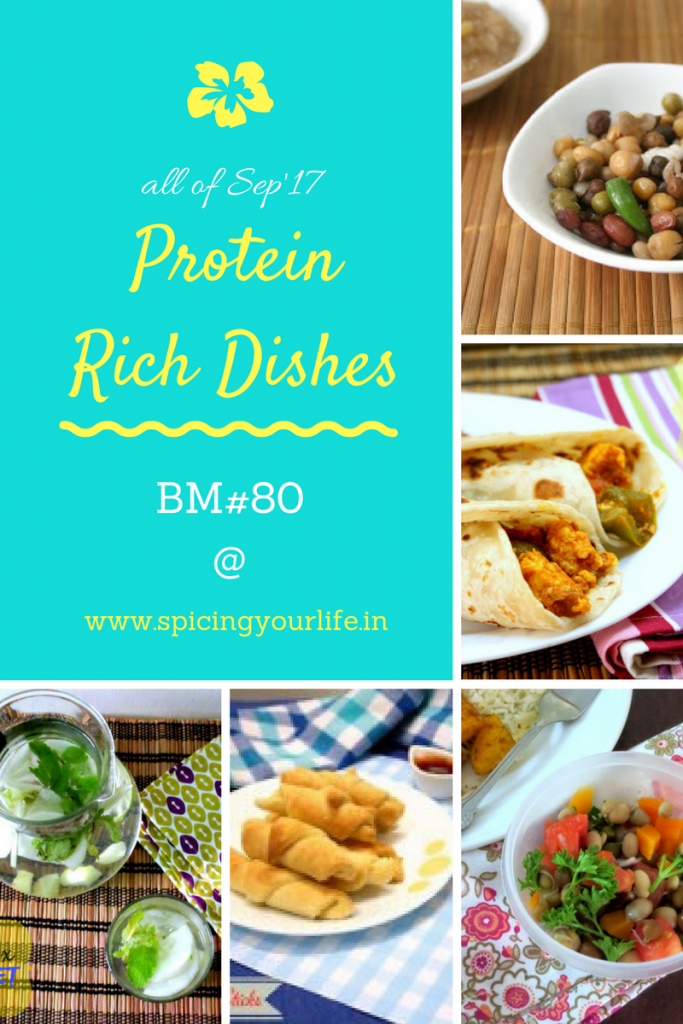After making the ribbon pakodas, I had little besan left and wanted to make a sweet recipe out of it. After surfing through I found out this easy recipe to make besan ladoos. This is a very simple recipe with very few ingredients. I got only 6 ladoos. The taste was awesome and I felt I should have made more.
I have tasted and posted the maaladu which we make with fried grams powder (pottukadalai maavu). This besan ladoo tasted similar but not the same. I was intrigued to find out the difference. I asked around my office colleagues and they were not able to spot out the difference. Finally I took help from Google. After surfing through many different sites for the explanation - this is my understanding. We have broadly 2 types of chickpeas - the black chick peas or the kabuli chana and the white chick peas or the garbanzo beans. If the black chick peas is powdered with the brown/black cover over the lentil then the color of the powder is light brown. If the white chick pea is powdered, the color of the powder is kind of beige. The outer cover of the black chick pea is removed and the lentil / dal is split which is then known as split bengal gram or our chana dal; kadala parippu in my native language. The powder of this split bengal gram is the besan or gram flour or kadala maavu. This black chick peas or kabuli chana is soaked, boiled and roasted (at a very high temperature) to make the fried gram or the roasted chana dal. We typically use this fried gram to make ladoos, or use it in chutney and so on. If I am correct the powder of this fried gram is called Sattu in some parts of North India. Phew!!! that was a very big explanation.
So essentially fried gram powder or pottukadala maavu is cooked and besan or kadala maavu is uncooked. So it is mandatory that we fry this besan thoroughly before making the ladoos. All North Indian mithais / sweets are about ghee mainly and the ghee taste should be there. So you cannot make it so dry like rava ladoo. Enjoy this sweet!!
Ingredients:
Besan/ Gram flour / Kadala maavu - 1/2 cup
Powdered Sugar - 1/2 cup
Ghee - 1/4 cup
Cardamom / Elaichi - 2 nos
Method:
- Roast besan well in medium flame with constant stirring until it turns deep golden brown in colour.
- Take care not to burn the flour, as well as make sure it is roasted well. Cool down and sieve it well.
- Powder sugar with elaichi / cardamom and add it to the roast flour in a mixing bowl.
- Melt ghee and add the hot ghee to it.
- Mix well with a spatula and when it is warm enough to handle, make nice round shaped ladoos.
Notes:
- At one stage the flour starts browning at the bottom of the pan, so keep stirring carefully without letting it burn.
- If not roasted properly, then the raw smell of besan and taste of besan will not be pleasant.
- You can also add the ghee to the flour while frying and just add the powdered sugar to it and make ladoos.
- Ghee is the only flavor that brings taste to the ladoos, so never reduce it than mentioned
- You can garnish this ladoo with dry fruits like badam pieces or cashew pieces. I just left it plain.

Check out the Blogging Marathon page for the other Blogging Marathoners doing this BM#81







































































